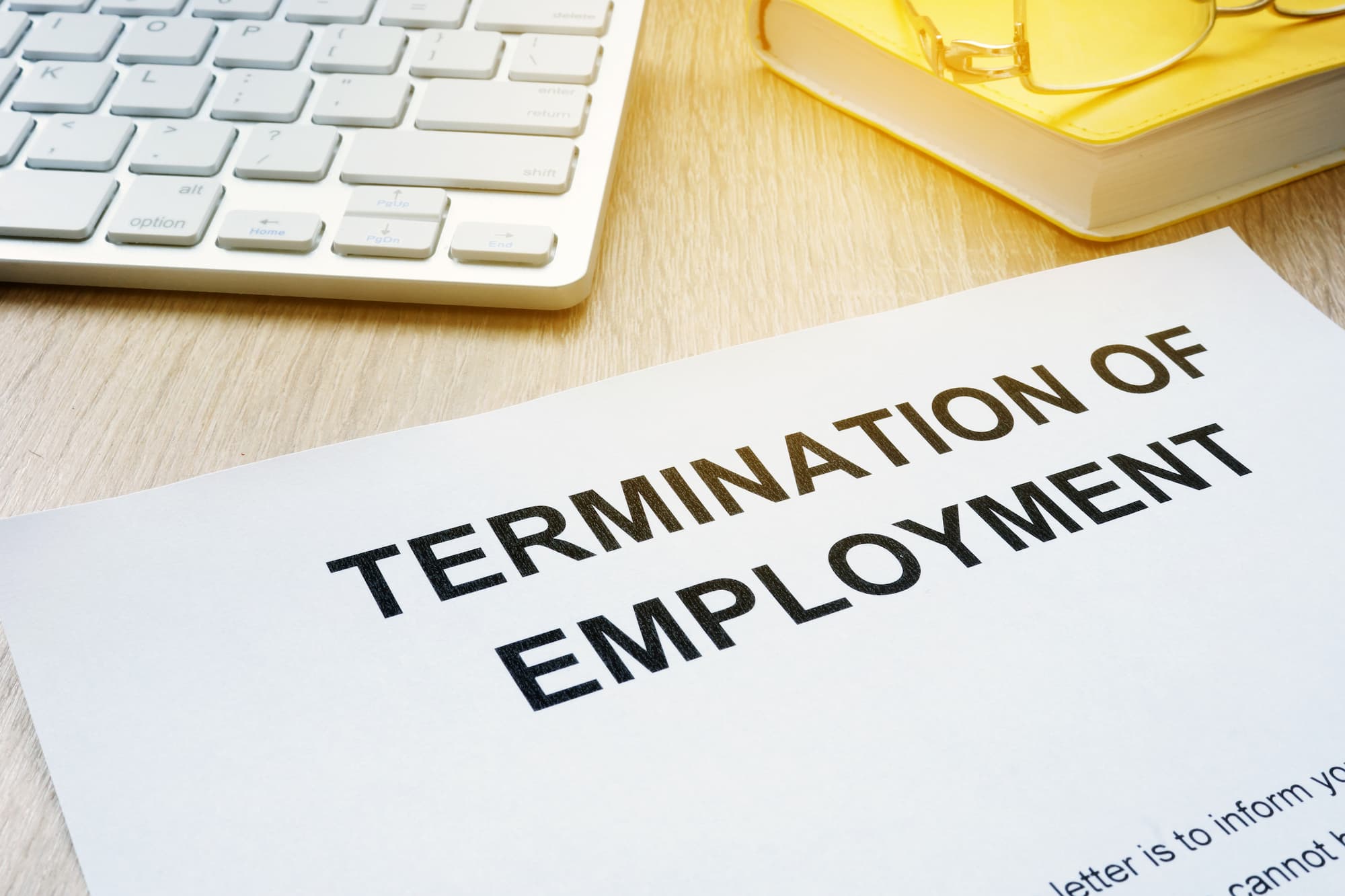Essential Information Employers Should Know About COVID-19 Temporary Layoffs and ESA Termination Pay
Reading Time: 2 minutesMany BC employers will have issued temporary layoffs to employees with the start of BC’s COVID-19 lock down in March. Soon after the start of the provincial lock down, the BC Government extended the temporary layoff period under the BC Employment Standards Act (ESA) from 13 weeks to 16 weeks for COVID-19 related layoffs. On June 26, 2020, the BC Government announced a further extension to 24 weeks expiring on August 30, 2020 and information about this latest extension can be found here.
Employers should be aware that a COVID-19 layoff which extends beyond the 24 week temporary layoff period will result in a deemed termination, and therefore an obligation on the employer to payout ESA termination pay. Furthermore, for employers that have laid off 50 or more employees, this will trigger the ESA group termination pay provisions requiring the employer to pay each employee their regular termination pay based on their length of service, plus group termination pay (an additional 8 weeks per employee if between 50 to 100 employees are affected, 12 weeks per employee if 101 to 300 employees are affected, and 16 weeks if 301 or more employees are affected).
The liability for such termination pay could therefore be very significant. For example, if an employer has laid off 75 full time employees earning $15/hr. with 5 years’ service, then each such employee would be entitled to 13 weeks termination pay (5 weeks regular termination pay + 8 weeks group termination pay). The total liability would therefore be in excess of half a million dollars:
(($15/hr. x 40 hrs.) x (5 weeks + 8 weeks)) x 75 employees = $585,000 in ESA termination pay
Although there is a potential exemption from paying termination pay in s. 65(1) (d) of the ESA where an employment contract “is impossible to perform due to an unforeseeable event or circumstance”, we are concerned that this exemption will likely not apply to protect employers now that many BC businesses are able to reopen with the easing of COVID-19 restrictions.
Employers who continue to have employees on layoff, and especially those employers with 50 or more employees laid off, should therefore get legal advice on their situation as soon as possible. They should also consider recalling back to work as many employees as possible before the expiry of the 24 week temporary layoff period on August 30, 2020 to avoid incurring substantial liabilities for termination pay.
Should you have questions about this article or require legal support, contact Georg Reuter, Leader of our Employment & Human Rights Practice Group.
-
The recent BC Supreme Court decision of Okano v. Cathay Pacific Airways Limited, 2022 BCSC 881, is a reminder to terminated employees that they must take reasonable steps to find new employment. In this decision, the judge found that the terminated employee, Frances Okano, who had been with her employer for almost thirty-five years, did not take reasonable steps to secure a new job, and held that a reduction in the period of notice of three months was warranted for failing to mitigate.
-
The Court of Appeal decision of Café La Foret ltd v. Cho, 2023 BCCA 354 is a reminder to all employers that even misconduct such as sexual harassment will not always justify cause for dismissal. Context plays a big role in determining whether an employer has cause for dismissal.







